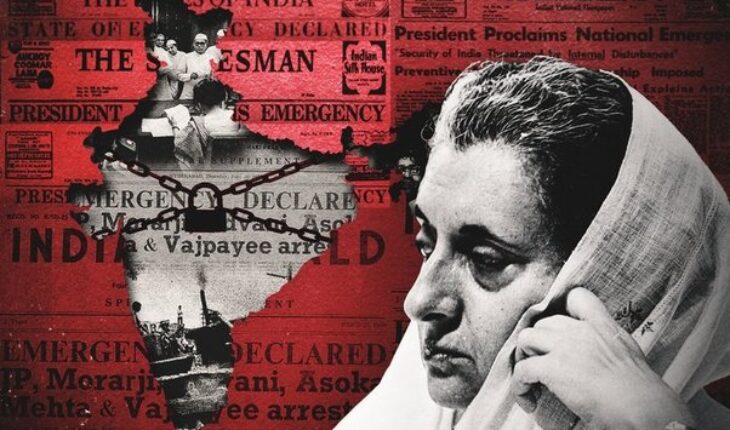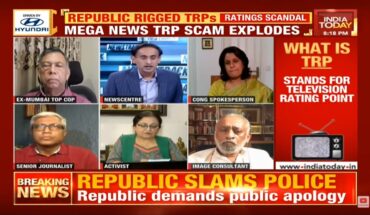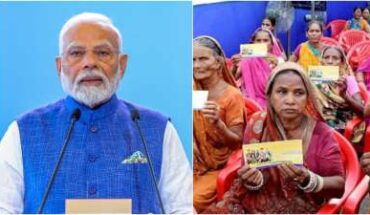The Emergency, imposed on June 25, 1975, by then-Prime Minister Indira Gandhi and lasting until March 21, 1977, remains a dark chapter in the history of democratic India. The imposition of rule by decree, the suspension of civil liberties and free speech, and the arbitrary actions of the government, including the indiscriminate arrests of dissenters and opposition figures under draconian preventive detention laws, continue to haunt those who lived through its harsh realities. This traumatic period serves as a stark reminder of the essential role democratic institutions play in safeguarding the freedoms and rights of citizens. When Om Birla, the newly re-elected Lok Sabha Speaker, read out a resolution condemning the imposition of the Emergency and calling it an attack on the Constitution, it appeared to be a pledge against the suspension of civil liberties. However, in light of Birla’s previous actions—such as the indiscriminate suspension of opposition MPs—and the executive’s use of draconian laws to stifle dissent, the resolution seems more like lip service. It appears to be a political tactic aimed at targeting the Congress party rather than a genuine commitment to prevent a recurrence of such authoritarian measures. If the current government truly wishes to move beyond the damages of the Emergency and avoid repeating its grave errors, it would refrain from using similar oppressive measures. Recent actions, such as attacks on the free press, the selective targeting of opposition figures by enforcement and investigative agencies, and the use of preventive detention laws to imprison political prisoners, activists, and journalists without trial, contradict any claims of a commitment to democratic principles. A more assertive opposition in Parliament, a vigilant judiciary ensuring justice for unjustly held dissidents, and a civil society pushing for the withdrawal of draconian laws are essential.
The Emergency’s haunting legacy and path forward
Published Date: 29-06-2024 | 12:56 am





